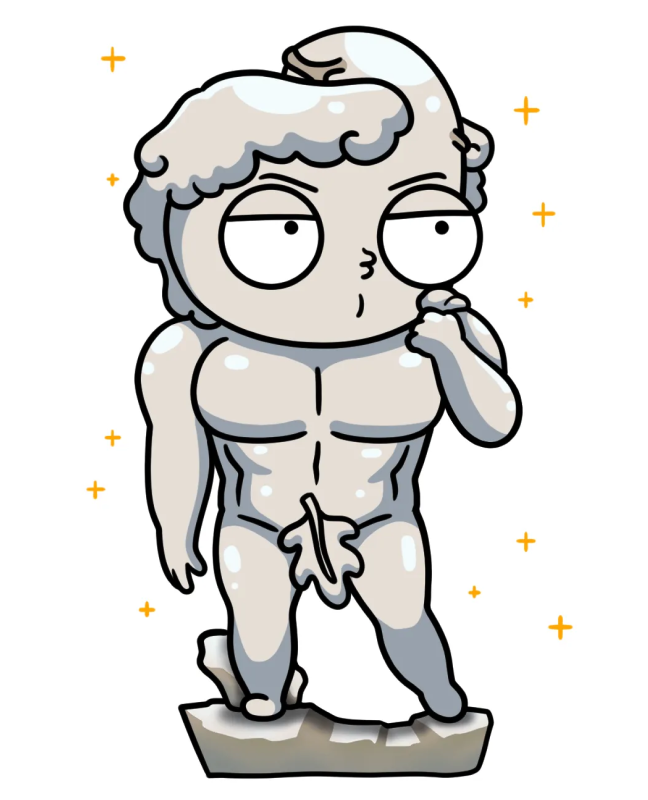Where Do Accents Come From?
Morning English speakers!

Accents are great!
Anywhere you go in the English-speaking world, some people will sound a little different.
Here, have a go at reading these phrases in each country’s accent:


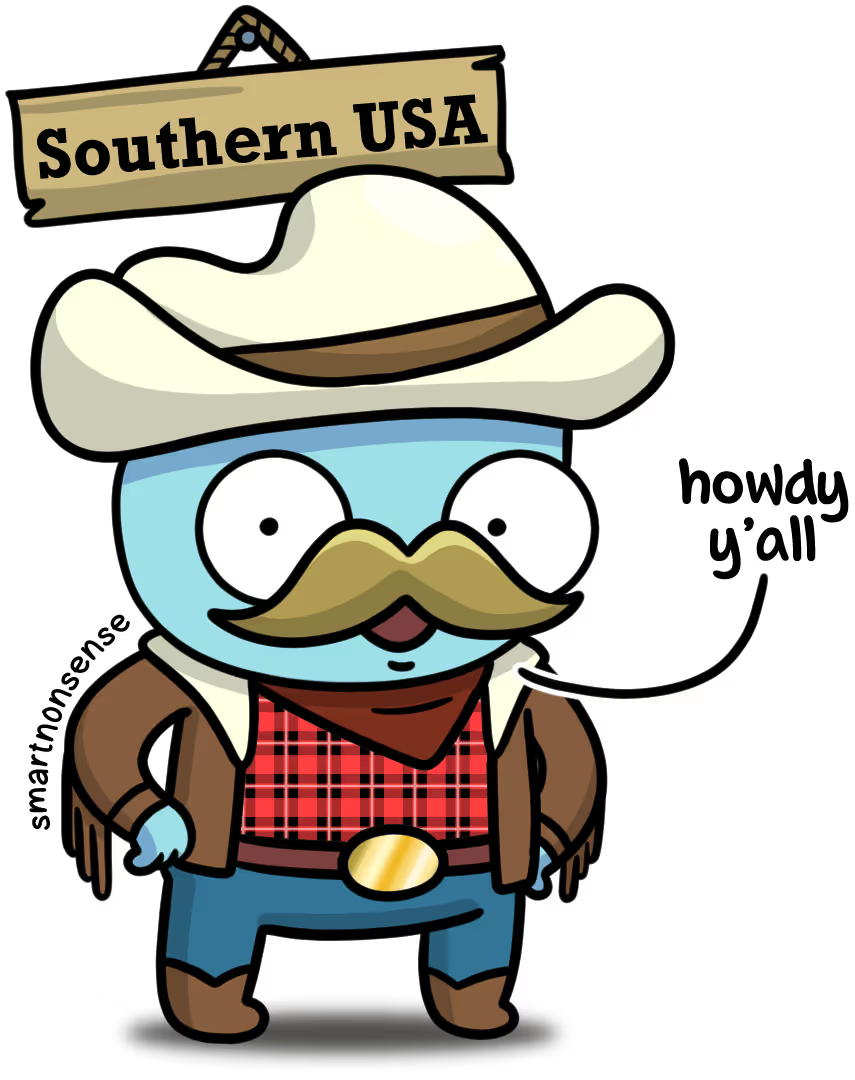

Isn't that cool?
I mean, we're all speaking English, but for some reason… we all sound very slightly different.
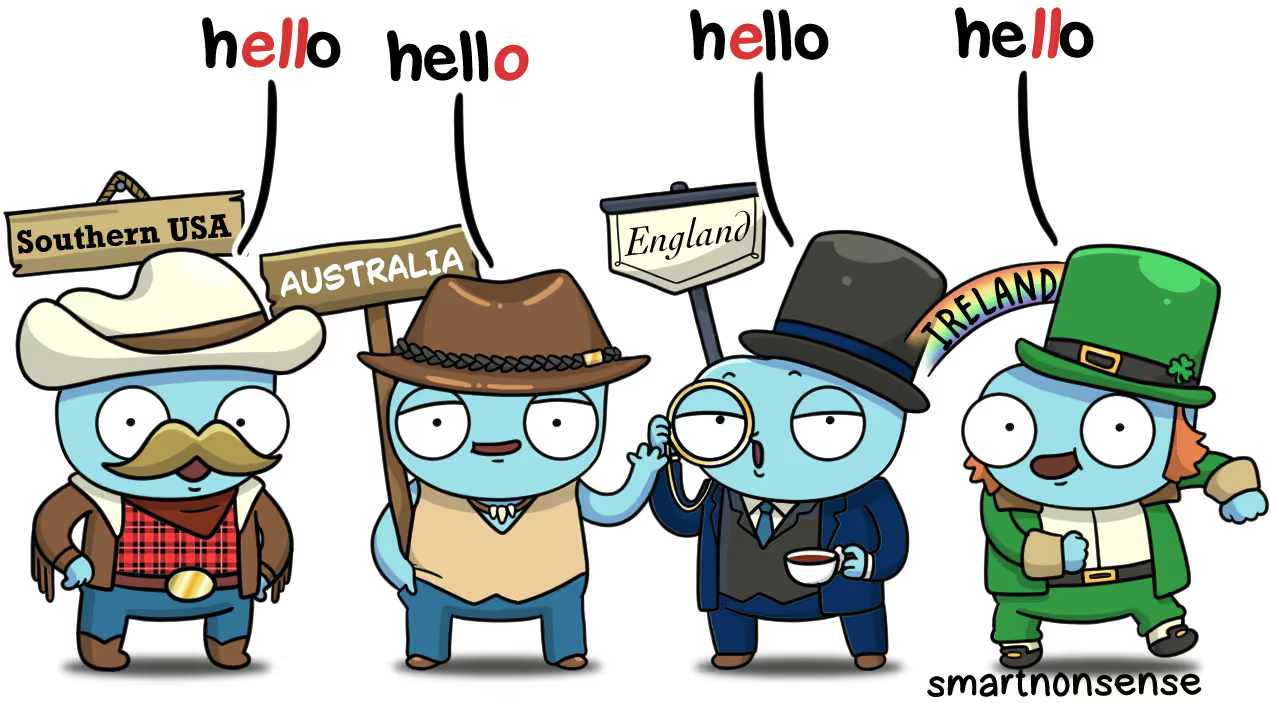
And it’s not just cause the words are different, there's a little hidden twang behind all of them.
So, where do accents come from?
The theory goes a bit like this:
“Accents develop in groups separated by large distances.”

Right, that makes sense!
I mean Texas and New York are quite far apart, AND they have very different accents, so that checks out.
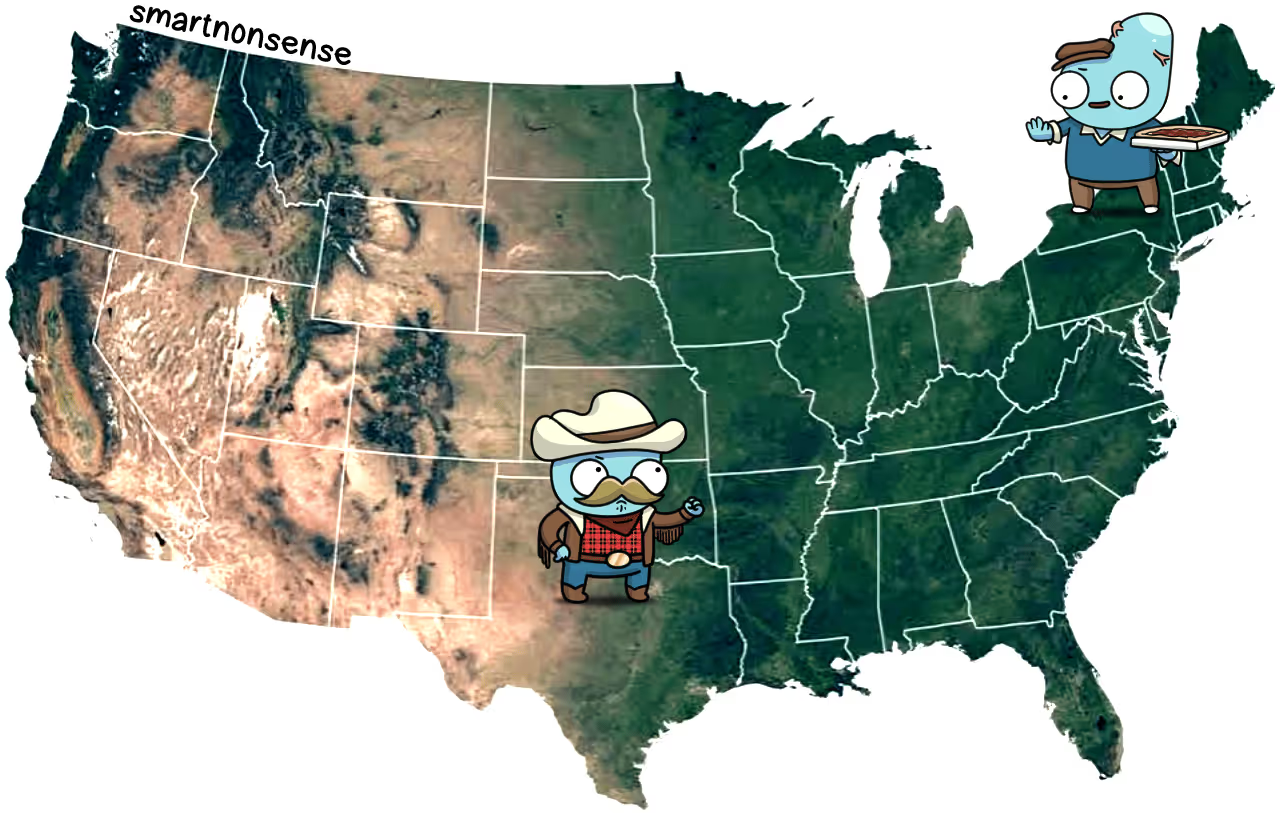
But there's a problem…
This is kinda wrong.
Think about it, if this is true, then why does Britain have SOOO many accents in such a small area?
They’ve got like 50 accents in an area smaller than Oregon.
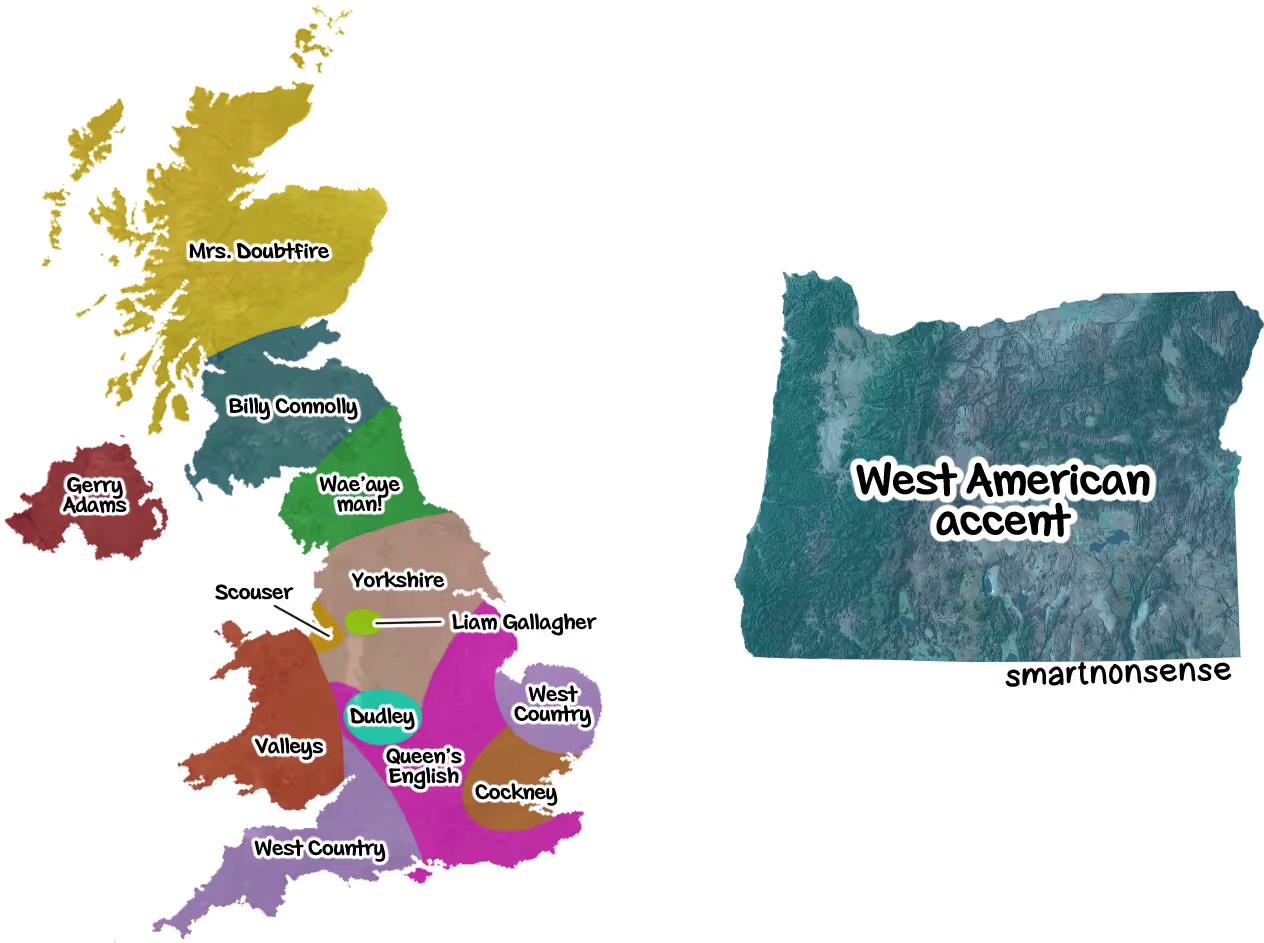
This is where the other part of the accent equation comes into play.
It's not just distance, it's also TIME!
Britain is a lot older than the US, with towns and villages that have been around for over a thousand years—plenty of time for small differences in speech to grow into major accent changes.
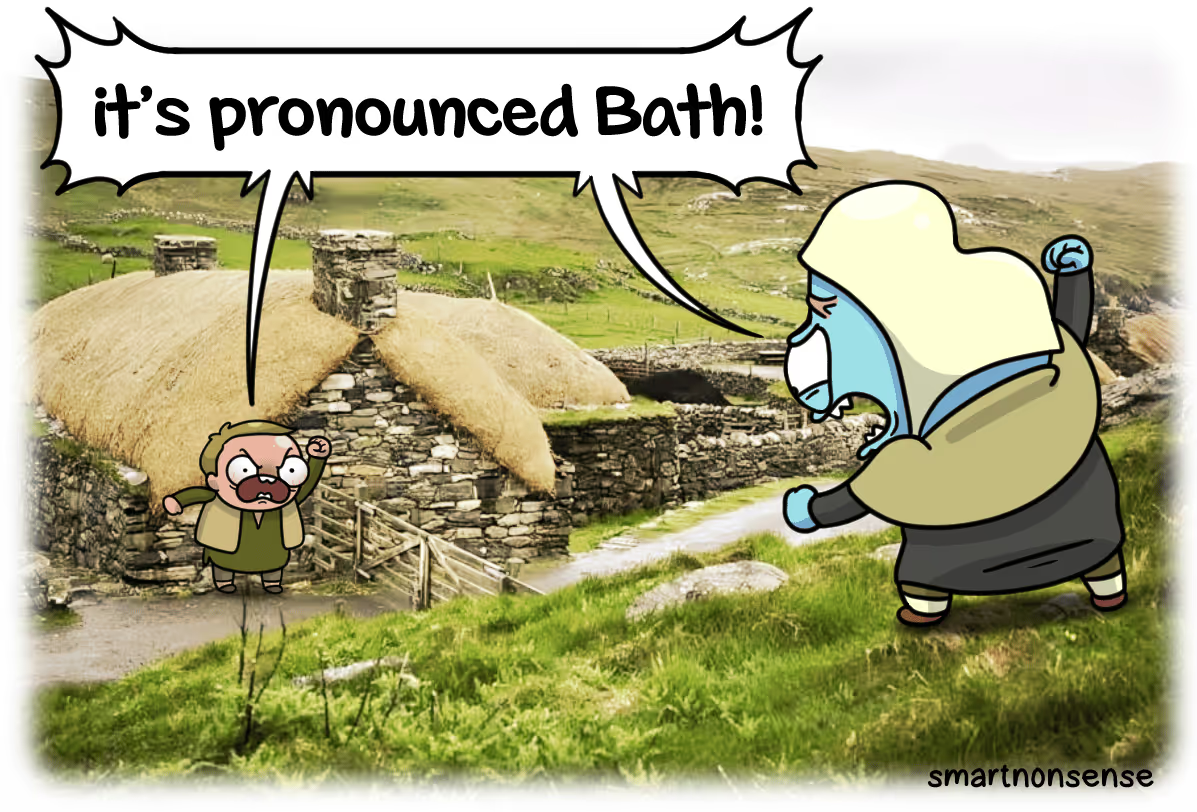
Meanwhile, the US is only like 250 years old (basically a baby).

Give the US a thousand years, and it too will have a ton of accents.
But here's the other thing…
“Distance” is kinda subjective.
1000 years ago in Britain, people mostly walked or rode horses, so even a few miles felt far.

So in old Britain, towns just a few miles apart could end up with totally different accents—simply because they had enough time.
Now compare that to the much younger United States, where you can drive almost anywhere in the country in less than a day.
In fact, crossing medieval England probably took longer than crossing modern-day America.
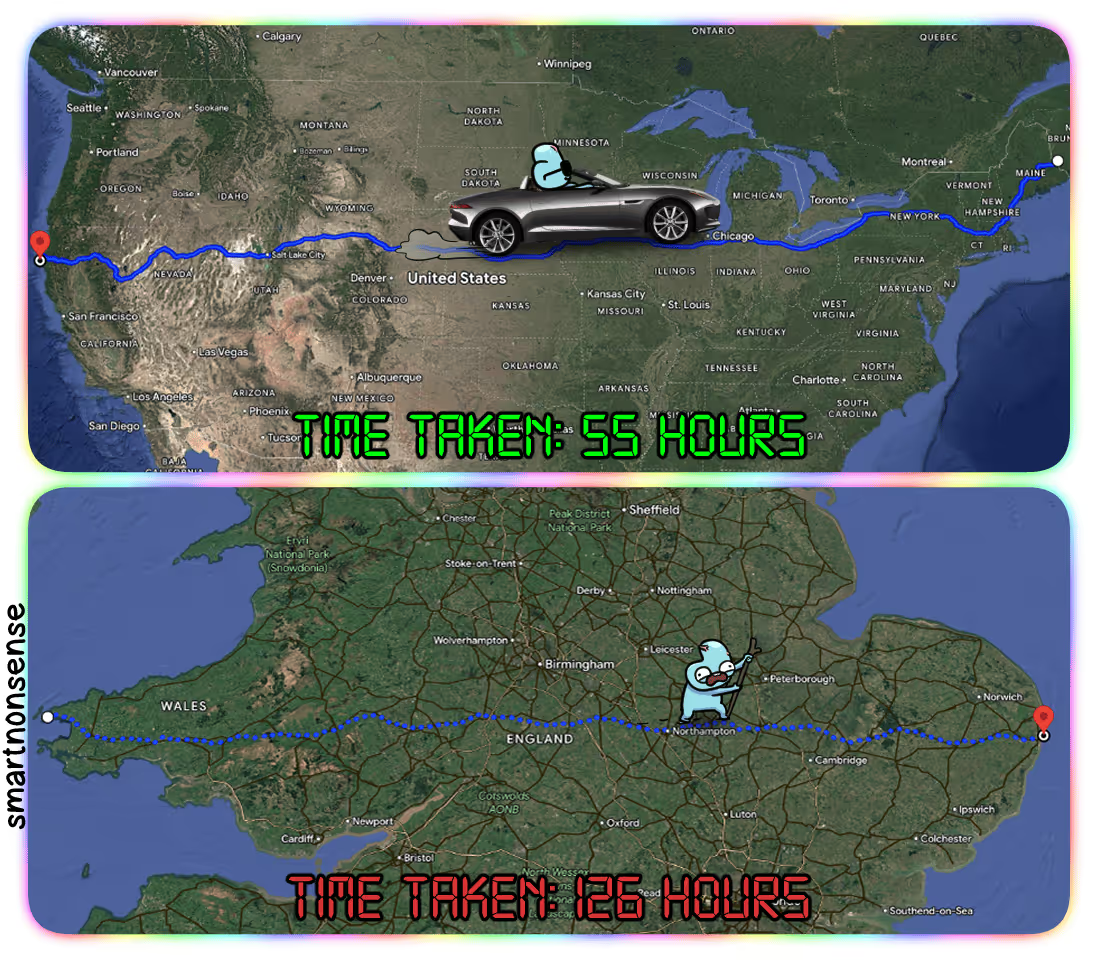
That’s why groups across the U.S. just aren’t that far apart—and they haven’t been around that long either, only about 250 years.
A great example of how isolation is still shaping accents today can be found far from home—in Antarctica.
Antarctica is home to scientists who live there most of the year in small research bases like this:
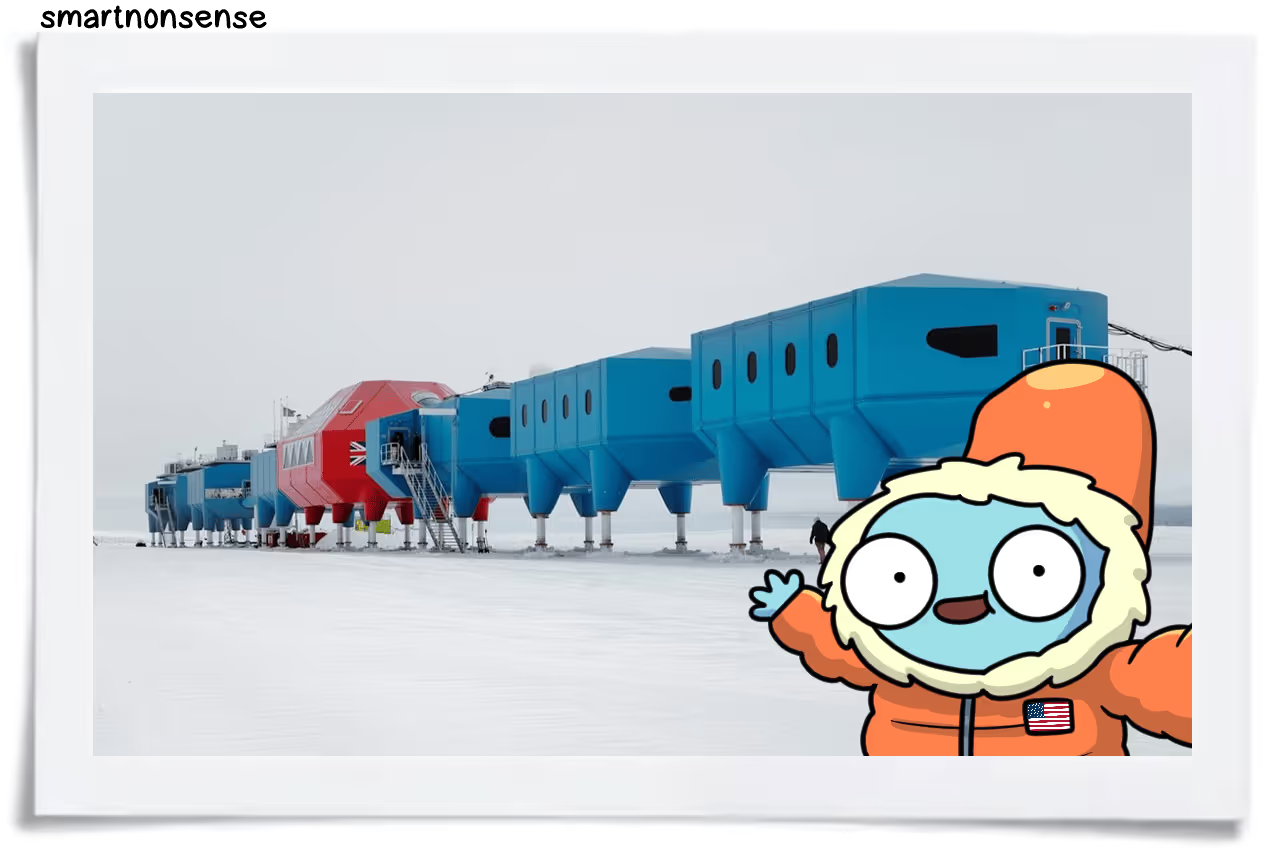
The trouble is, these bases are TRULY isolated.
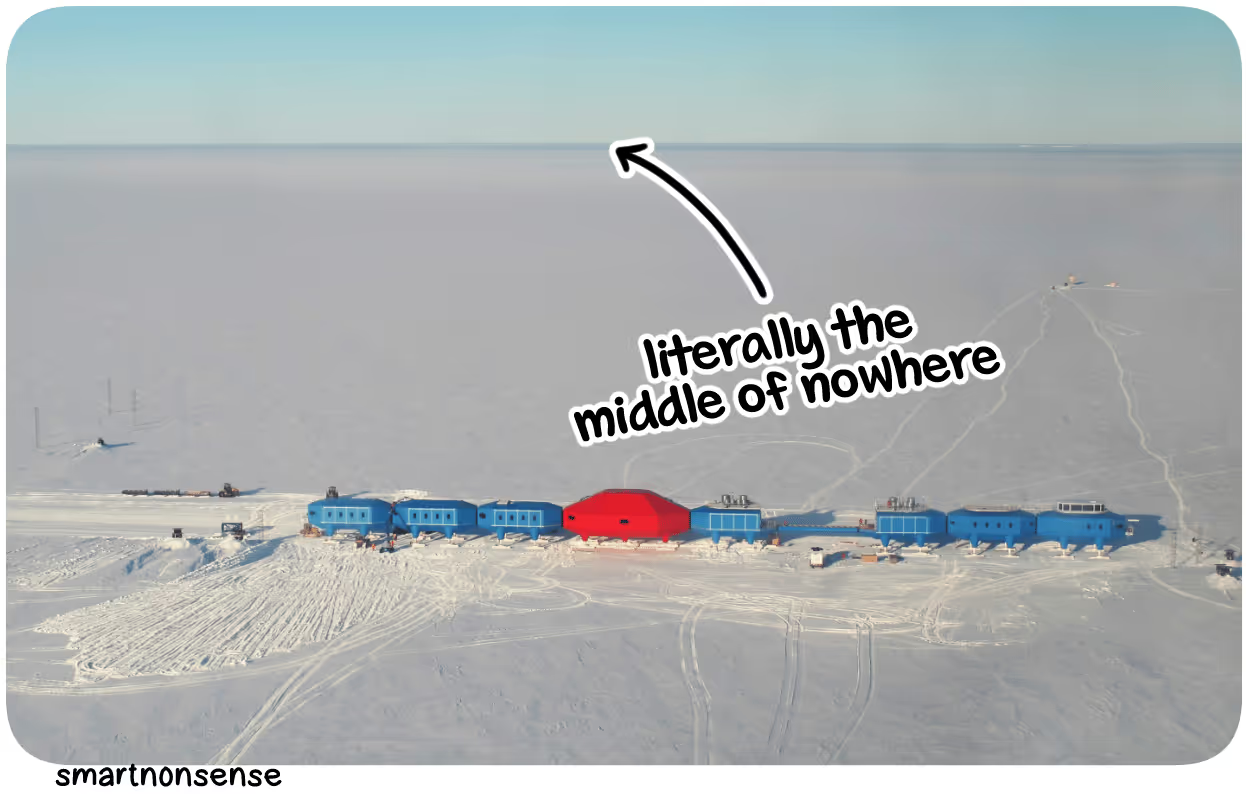
And ever since they were first built in the 1940s, something strange has started to happen…
Antarctica has slowly developed a very subtle accent of its own.

So when you put people from all over the world in a remote area for long enough, they naturally start speaking in the same way.
Pretty cool, right?
Stay Cute,
Henry & Dylan 🌈
P.S if you enjoyed this lesson, forward it to a friend.
If you’re that sexy friend, subscribe here.
Get smart about nonsense🌈
Join 100,000+ subscribers and get our daily comic explaining nerdy stuff like you’re 5.





